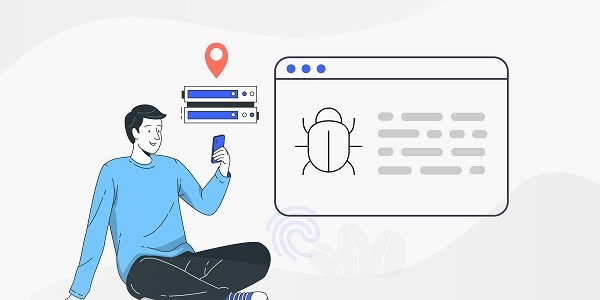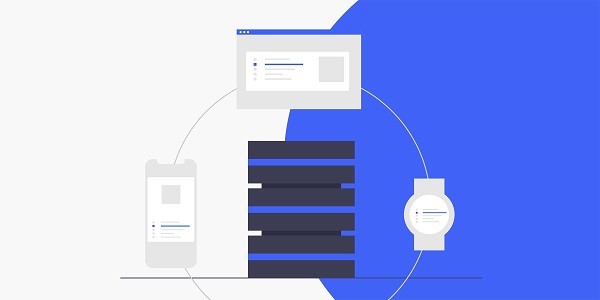This article analyzes the definition, core functions and application scenarios of NebulaProxy, and introduces how IP2world meets users' diverse needs for proxy services through products such as dynamic residential proxy and static ISP proxy. NebulaProxy definition and core functionsNebulaProxy is a proxy technology based on a distributed network architecture, which aims to improve the anonymity and stability of data transmission through dynamic routing and resource optimization. Its core lies in integrating multi-node server resources and intelligently allocating proxy paths according to user needs, thereby breaking through geographical restrictions, circumventing network blockades, and protecting users' real IP addresses. Compared with traditional proxy technologies, NebulaProxy emphasizes "dynamic adaptability" and can adjust strategies in real time according to changes in the network environment. It is suitable for scenarios such as large-scale data collection, cross-border e-commerce, and advertising verification.As the world's leading proxy IP service provider, IP2world provides users with solutions that are highly consistent with NebulaProxy's technical concepts through products such as dynamic residential proxies and static ISP proxies. NebulaProxy's technical implementation principleNebulaProxy's underlying architecture relies on distributed nodes and intelligent scheduling algorithms. By distributing user requests to servers in different geographical locations and dynamically switching the exit IP, highly anonymous network access is achieved. For example, when a user initiates a request, the system will randomly select an available address from a massive IP pool and automatically change it after a single session ends, thereby reducing the risk of being identified by the target server.In practical applications, NebulaProxy's technical advantages complement IP2world's product features. For example, IP2world's dynamic residential proxy is based on real residential IP resources, and when combined with NebulaProxy's dynamic routing mechanism, it can further improve anonymity and success rate; while static ISP proxy provides long-term stable fixed IP, which is suitable for business scenarios that require continuous connection. How IP2world supports NebulaProxy applicationsIP2world's product line covers various resource types required by NebulaProxy technology:Dynamic residential proxy: Through the global resource pool of tens of millions of real residential IPs, it supports high-frequency IP rotation, ensuring that each request is sent through a different terminal device, perfectly adapting to the dynamic routing needs of NebulaProxy.Static ISP proxy: provides high-quality fixed IPs directly allocated by telecom operators, with low latency and high availability, suitable for scenarios that require long-term stable connections.Exclusive data center proxy: Based on independent server resources, it guarantees exclusive bandwidth and IP, meeting the stringent requirements of enterprise-level users for performance and security.S5 proxy and unlimited servers: Support HTTP(S)/SOCKS5 protocol, suitable for complex businesses such as crawlers and social media management, and the unlimited traffic design can handle large-scale data requests.These products not only provide the hardware foundation for the implementation of NebulaProxy technology, but also realize the automatic scheduling and monitoring of proxy resources through IP2world's self-developed API interface and intelligent management platform, further lowering the user's usage threshold. NebulaProxy’s application scenarios and future trendsAs the global digitalization process accelerates, NebulaProxy's application scenarios continue to expand:Cross-border e-commerce: By simulating local user behavior, bypassing the platform’s geographical restrictions, and accurately obtaining competitor data and market trends.Ad delivery verification: Multi-region IP switching helps advertisers detect the display effect of materials and avoid delivery deviations caused by IP duplication.Network security testing: Use dynamic IP to simulate real attack paths and evaluate the defense capabilities of enterprise systems.In the future, with the integration of artificial intelligence and edge computing technology, NebulaProxy will develop in the direction of "intelligence" and "lightweight". For example, it can predict network blocking strategies through machine learning and switch proxy nodes in advance, or deploy edge servers to reduce data transmission delays. As a professional proxy IP service provider, IP2world provides a variety of high-quality proxy IP products, including dynamic residential proxy, static ISP proxy, exclusive data center proxy, S5 proxy and unlimited servers, suitable for a variety of application scenarios. If you are looking for a reliable proxy IP service, welcome to visit IP2world official website for more details.
2025-03-14









